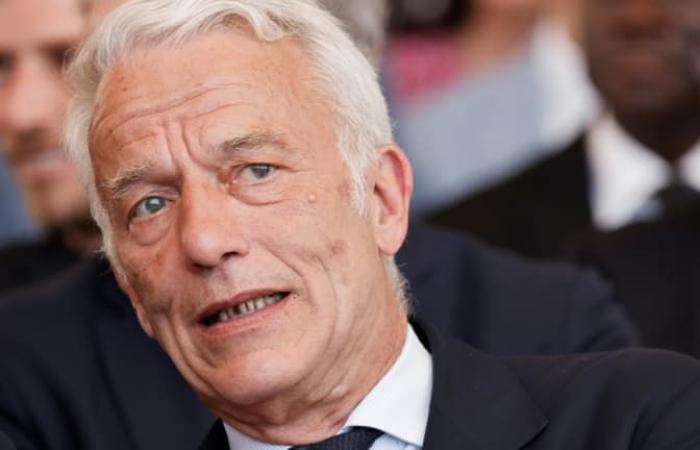Guest of the RTL morning show this Friday, the president of Medef spoke in particular of the “critical” situation of certain sectors of activity such as construction, automobiles and chemicals.
Medef is sounding the alarm. While social plans are multiplying, Patrick Martin anticipates a situation which could be much more serious than announced. “There are sectoral situations which are becoming for the most part quite tense: for construction it is absolutely critical, automobiles and chemicals too”, indicates the president of the employers' organization at the microphone of RTL.
“There are a few hundred thousand job losses that could occur,” alarms Patrick Martin.
A dizzying figure which includes companies in the social and solidarity economy and reflects “increasing bankruptcy filings, a turning around job market and tight cash flow.”
The president of Medef points in particular to the reduction in the reduction in employer contributions that the Senate voted for in the Social Security financing bill on Tuesday evening: “We think that we must be careful not to increase the labor costs and taxation because it is the best way to slow down economic activity and therefore reduce tax and social revenues.”
“If, as planned by the PLFSS, companies bear 8 to 9 billion euros in additional labor costs, that is the equivalent of 350,000 jobs.”
Patrick Martin affirms that his “main fight” is that there is no increase in labor costs while that of France “is one of the highest in Europe and in the world.” “The second struggle is that large companies will bear 12 billion euros in additional corporate tax,” he laments. “At a time when international competition is going to get tougher, it’s a bit of a contradiction in terms. .”
A potential of 300 billion euros less public spending in a few years
Despite these criticisms of the distribution of the 60 billion euros effort desired by the government, the president of Medef recognizes the situation of public finances which requires action.
“But there is no need to go to the ends of the earth to find European countries which have made efforts to reduce public spending without breaking out in fire and blood and putting the population in the streets,” insists he said, citing the examples of Portugal and Spain.
Above all, Patrick Martin emphasizes the reduction of public spending which requires going “much further and much faster” according to him. “The others have managed to do it like Denmark, which managed to reduce its public spending by 10 points of GDP in a few years,” he notes.
“In France, that would mean 300 billion euros less public spending, therefore less taxes and a restoration of public finances.”






